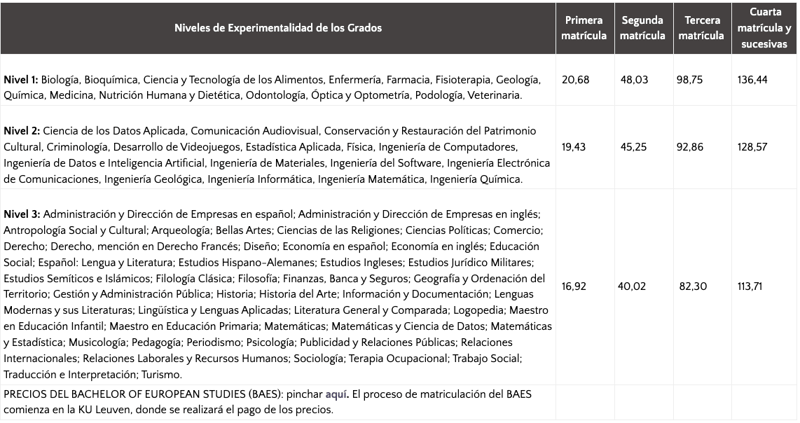Hi Coder,
Before starting university, I considered attending a coding BootCamp. While I find boot camps incredibly helpful and valuable, I decided to go the traditional way and get a four-year university degree. During this time, I learned a great deal about computers, software design and architecture, art, math, etc. Despite believing that many universities offer amazing courses, I am aware that coding boot camps train developers to master industry skills much faster.
I always knew I wanted to attend university and take various courses that would challenge my views on different topics. I was interested in taking art, networking, math, writing, and even electrical systems classes. One could argue that these topics can be learned independently as well. While that is true, I doubt I would do it in my spare time and learn about these topics in an organized way. I've taken many online courses that I've never finished due to a lack of motivation, and ultimately, when there is no one (or a grading system) to motivate me, I tend to lose interest. Therefore, university would tick the diverse course curriculum box that I was looking for.
Boot Camps Can Be Expensive
Education in certain countries can be either free or very inexpensive. I live in Spain where good public universities can be as cheap as 21 euros for tuition plus other minimal expenses.
Some coding boot camps can be as expensive as $6,000, and this is for only three months of education. In retrospect, I am glad I decided against it, as three or six months wouldn't have been enough for me to truly understand complicated computer science subjects. I have no doubts that there are great developers out there who can learn complex topics quickly, but I am not one of them. Coding is challenging, and I am confident in saying that I would've been frustrated and overwhelmed with the number of things to learn in such a short period. The financial and emotional investment just did not add up for me.
Some boot camp testimonials:
Where Boot Camps Can Add Value
Boot camps are a great way to learn to code quickly if your end goal is to get a job in the tech industry. This is what I love about this career path. Coding is a very democratizing field; if you can build software creatively and efficiently, you are of great value to a company, regardless of your university degree. In fact, I've seen many people who never wrote a single line of code during their undergrad getting tech jobs, thanks to boot camps, whether free or paid.
Some boot camps are free, which changes the game entirely. People no longer have to get into crazy student loan debt to make a career change or get started in learning something they are already passionate about.
This being said, thinking like an engineer, and solving problems creatively is more important than the degree you hold. So I encourage you to follow the path that seems better for you while keeping in mind the reasons why a university degree might be preferable for some, hence the reason why I went for it.
A University Degree Is Still A Good Credential To Have
In his book "How to Learn to Code and Get a Developer Job," Quincy Larson said:
A bachelor's is a bachelor's, I often tell people. Because for most intents and purposes, it is.
Want to enter the US military as an officer, rather than an enlisted service member? You'll need a bachelor's degree, but any major will do.
Want to get a work visa to work abroad? You'll probably need a bachelor's degree, but any major will do.
And for so many job openings that say "bachelor's degree required" – any major will do.
College degrees are useful because many institutions are traditional; they have not changed in decades, and we don't know how long it will take for them to change. So, to cover my bases, I decided to go for a bachelor's degree. Also, when applying for jobs as a recent graduate, one of the few references that a recruiter or hiring manager has is a person's education level, which is a quick, easy way to screen or reject candidates.
I learned a lot from my time at university; it was frustrating, draining, long, overwhelming, and sometimes infuriating, but if one day I need to get a work visa, I'll probably be better off because I have a university degree.
With this in mind, boot camps are a great way to advance quickly in life. They offer a good route to learn coding, but there are pros and cons to each approach. One can be overwhelming and expensive, while the other long and traditional. Which one is better? My answer would be, none. It all depends on your life goals and what you want to achieve. In my case, I'm unsure about the future in the software engineering world; therefore, I decided to go for a four-year degree to avoid potential hurdles.
Final Thoughts
I hope you choose the career path that best suits you, taking into account the potential advantages and drawbacks that may either encourage or deter you.






















